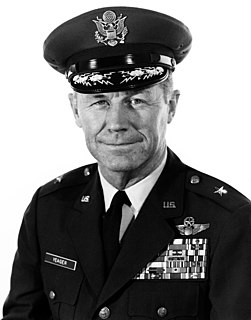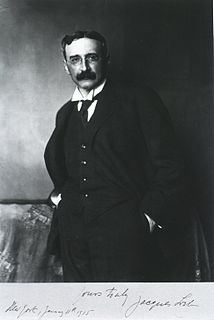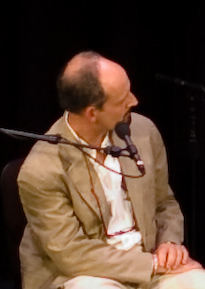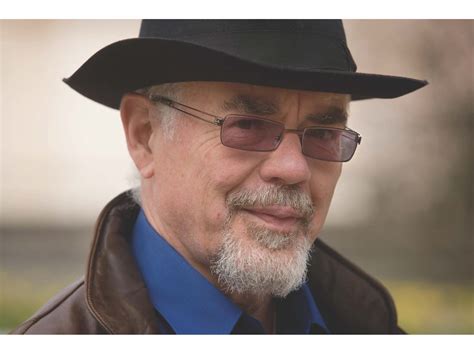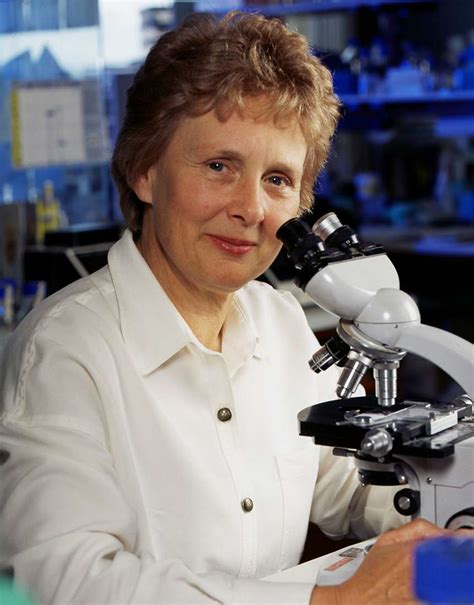A Quote by Rachel Carson
Science is part of the reality of living; it is the what, the how, and the why of everything in our experience.
Quote Topics
Related Quotes
We live in a scientific age, yet we assume that knowledge of science is the prerogative of only a small number of human beings, isolated and priestlike in their laboratories. This is not true. The materials of science are the materials of life itself. Science is part of the reality of living; it is the way, the how and the why for everything in our experience.
That’s what the human brain is there for—to turn the chaos of given experience into a set of manageable symbols. Sometimes the symbols correspond fairly closely to some of the aspects of the external reality behind our experience; then you have science and common sense. Sometimes, on the contrary, the symbols have almost no connection with external reality; then you have paranoia and delirium. More often there’s a mixture, part realistic and part fantastic; that’s religion.
But in the end, science does not provide the answers most of us require. Its story of our origins and of our end is, to say the least, unsatisfactory. To the question, "How did it all begin?", science answers, "Probably by an accident." To the question, "How will it all end?", science answers, "Probably by an accident." And to many people, the accidental life is not worth living. Moreover, the science-god has no answer to the question, "Why are we here?" and, to the question, "What moral instructions do you give us?", the science-god maintains silence.
I do believe that everything we see, everything that is in front of us is just the visible part of reality. We have the invisible part of reality, like emotions for example, like feelings. This is our perception of the world, but God is-as William Blake said-in a grain of sand and in a flower. This energy is everywhere.
While understanding the 'what' and the 'how' of the gospel is necessary, the eternal fire and majesty of the gospel springs from the 'why.' When we understand why our Heavenly Father has given us this pattern for living, when we remember why we committed to making it a foundational part of our lives, the gospel ceases to become a burden and, instead, becomes a joy and a delight. It becomes precious and sweet.
Whence came I, whither go I? Science cannot tell us a word about why music delights us, of why and how an old song can move us to tears. Science is reticent too when it is a question of the great Unity – the One of Parmenides – of which we all somehow form part, to which we belong. The most popular name for it in our time is God – with a capital ‘G’. Whence come I and whither go I? That is the great unfathomable question, the same for every one of us. Science has no answer to it.
We've always had this experience that things take long, but I'm 100% convinced that our principles will in the end prevail. No one knew how the Cold War would end at the time, but it did end. This is within our living experience... I'm surprised at how fainthearted we sometimes are and how quickly we lose courage.
To do science today is to experience a dimension unique in contemporary working lives; the work promises something incomparable: the sense of living both personally and historically. That is why science now draws to itself all kinds of people - charlatans, mediocrities, geniuses - everyone who wants to touch the flame, feel alive to the time.
There is no such thing as a natural born pilot. Whatever my aptitudes or talents, becoming a proficient pilot was hard work, really a lifetime's learning experience. For the best pilots, flying is an obsession, the one thing in life they must do continually. The best pilots fly more than the others; that's why they're the best. Experience is everything. The eagerness to learn how and why every piece of equipment works is everything. And luck is everything, too.













